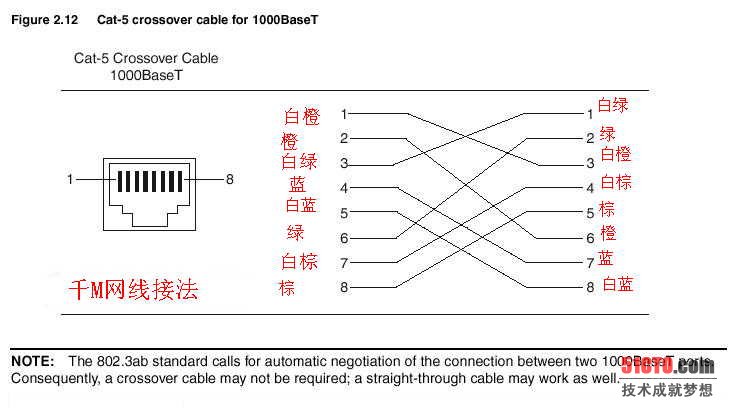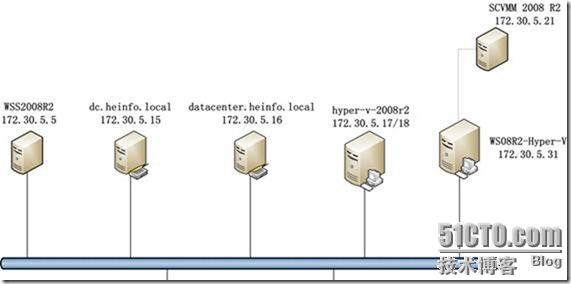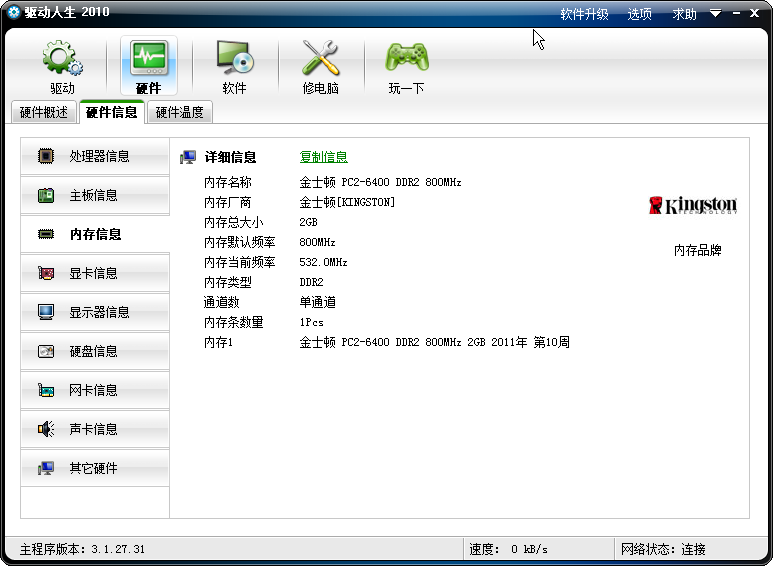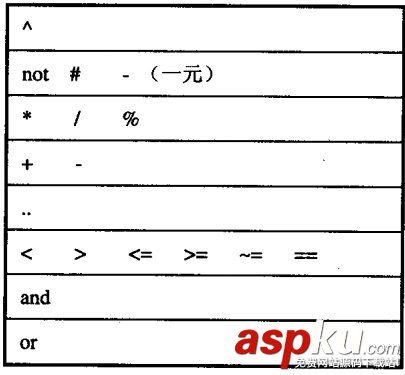alter table tb
alter column colname nvarchar(100) collate chinese_prc_ci_as
--不区分大小写
alter table tb
alter column colname nvarchar(100) collate chinese_prc_cs_as
--区分大小写
alter database 数据库 collate chinese_prc_cs_as
第二种:(tree)
--创建如下用户自定义函数(udf)
create function strcomp(@str1 varchar(50),@str2 varchar(50))
--alter function strcomp(@str1 varchar(50),@str2 varchar(50))
returns integer
as
begin
declare @i integer
--declare @str1 varchar(50)
--declare @str2 varchar(50)
declare @y int
--set @str1='a'
--set @str2='a'
set @i=0
--select ascii(substring(@str1,@i+1,1))
set @y=1
declare @ilen int
set @ilen = len(ltrim(rtrim(@str1)))
if len(ltrim(rtrim(@str1))) < len(ltrim(rtrim(@str2))) --then
set @ilen = len(ltrim(rtrim(@str2)))
while (@i < @ilen)
begin
if (ascii(substring(@str1,@i+1,1))=ascii(substring(@str2,@i+1,1))) --then
set @i = @i +1
else
begin
set @y=0
break
end
end
return @y
end
测试:
select *
from table1
where dbo.strcomp(field1,'aabb') =1
第三种:(oliver)
sql server 数据库中的文本信息可以用大写字母、小写字母或二者的组合进行存储。例如,姓氏可以"smith"、"smith"或"smith"等形式出现。
数据库是否区分大小写取决于 sql server 的安装方式。如果数据库区分大小写,当搜索文本数据时,必须用正确的大小写字母组合构造搜索条件。例如,如果搜索名字"smith",则不能使用搜索条件"=smith"或"=smith"。
另外,如果服务器被安装成区分大小写,则必须用正确的大小写字母组合提供数据库、所有者、表和列的名称。如果提供的名称大小写不匹配,则 sql server 返回错误,报告"无效的对象名"。
当使用关系图窗格和网格窗格创建查询时,查询设计器始终正确地反映出服务器是否区分大小写。但是,如果在 sql 窗格中输入查询,则必须注意使名称与服务器解释名称的方式相匹配。
如果服务器是用不区分大小写的选项安装的,则
提示 若要确定服务器是否区分大小写,请执行存储过程 sp_server_info,然后检查第 18 行的内容。如果服务器是用不区分大小写的设置安装的,则 sort_order 选项将设置为"不区分大小写"。可以从查询分析器运行存储过程。
第四种:(非云)
select * from servers where convert(varbinary, name)=convert(varbinary, n'rockey')
第五种:()
ascii('a')再配合substring()一起用



















